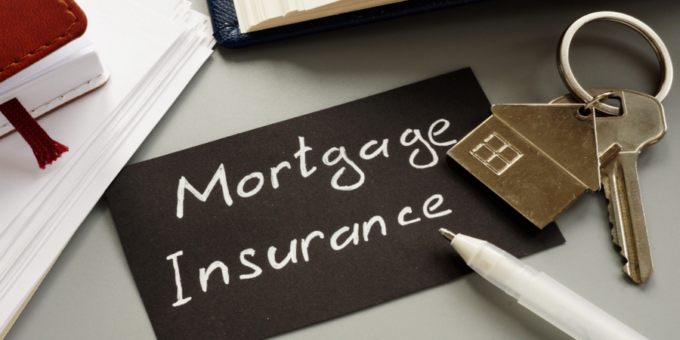
Mortgage insurance is a type of insurance policy designed to protect lenders in case a borrower defaults on their mortgage payments. It’s typically required when a borrower makes a down payment of less than 20% of the home’s purchase price, as this presents a higher risk to the lender.
How Mortgage Insurance Works
When you take out a mortgage with a low down payment, the lender requires mortgage insurance to reduce their risk. There are different types of mortgage insurance, but the two main categories are Private Mortgage Insurance (PMI) for conventional loans and Mortgage Insurance Premium (MIP) for government-backed loans, such as FHA loans.
Private Mortgage Insurance (PMI)
For conventional loans, if you put down less than 20%, lenders usually require PMI. This insurance protects the lender, not you, and is usually added to your monthly mortgage payment. The cost of PMI can vary depending on several factors like your loan-to-value (LTV) ratio, credit score, and loan amount.
- How to Pay for PMI: PMI can be paid in several ways. Most commonly, it’s included in your monthly mortgage payments. However, some lenders offer options to pay it as a one-time upfront cost or through a combination of monthly and upfront payments.
- When Can PMI Be Canceled?: PMI is usually canceled when your loan balance drops below 80% of the home’s original value. However, you can request cancellation once you reach 20% equity in your home or it will automatically terminate when your loan balance reaches 78%.
Mortgage Insurance Premium (MIP)
For loans insured by the Federal Housing Administration (FHA), borrowers must pay a Mortgage Insurance Premium (MIP). Unlike PMI, MIP applies to all FHA loans, regardless of the down payment amount.
- How to Pay for MIP: MIP consists of an upfront premium paid at closing (or rolled into the loan amount) and an annual premium that’s divided into monthly payments.
- Duration of MIP: The duration of MIP depends on your down payment and loan terms. For loans with less than 10% down, MIP lasts for the life of the loan. If you put down more than 10%, MIP can be canceled after 11 years.
Key Factors Affecting Mortgage Insurance
Several factors influence the cost and duration of mortgage insurance:
- Down Payment: The lower your down payment, the higher the mortgage insurance premium.
- Loan-to-Value Ratio (LTV): This ratio compares your loan amount to the home’s value. The higher the LTV, the more likely you’ll need mortgage insurance.
- Credit Score: Borrowers with lower credit scores often face higher mortgage insurance premiums because they are considered higher risk.
- Loan Type: Conventional loans typically use PMI, while government-backed loans like FHA loans use MIP.
Is Mortgage Insurance Worth It?
While mortgage insurance adds to your overall housing costs, it can be beneficial in certain situations:
- Enables Homeownership: It allows buyers with lower savings to become homeowners sooner. Without mortgage insurance, you might need to wait years to save up for a 20% down payment.
- Protects Lenders: Lenders are more likely to approve loans with lower down payments because they are protected by mortgage insurance.
However, it’s important to weigh the costs and benefits. The extra expense can make homeownership more expensive over time, but it provides an opportunity for people to buy homes without having to save for a large down payment.